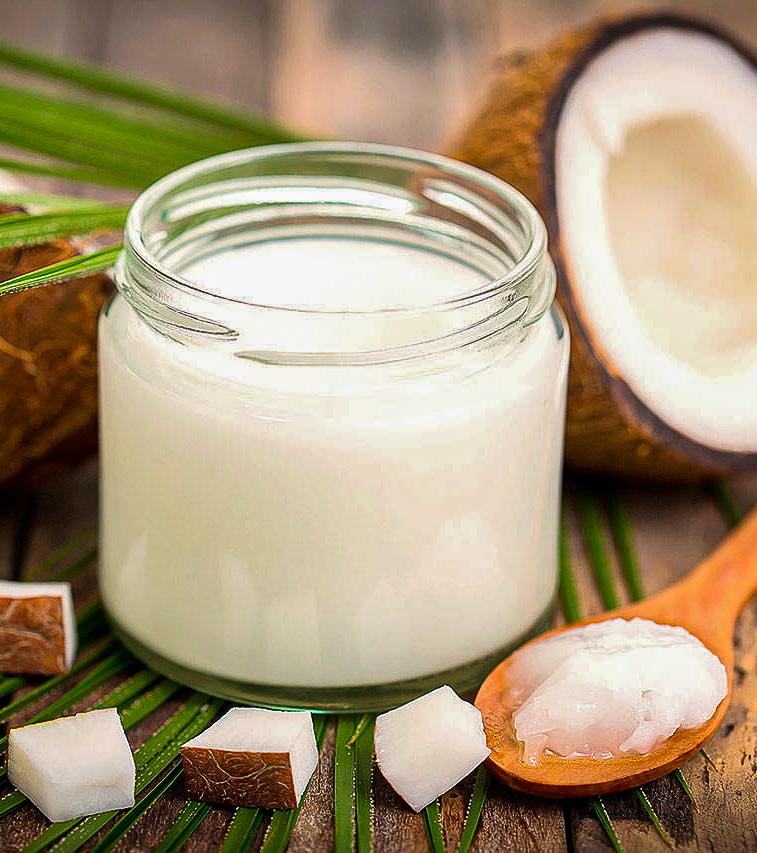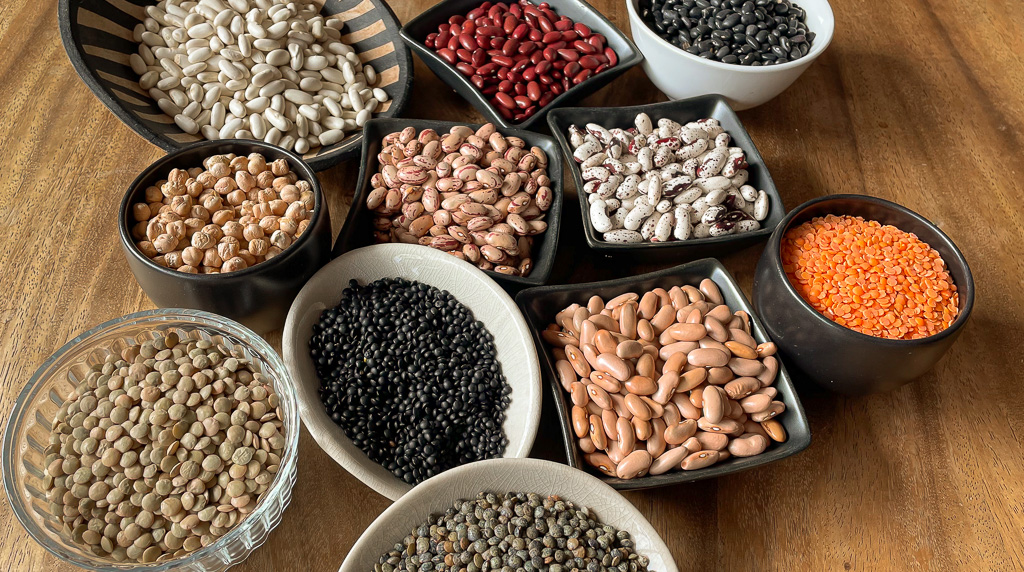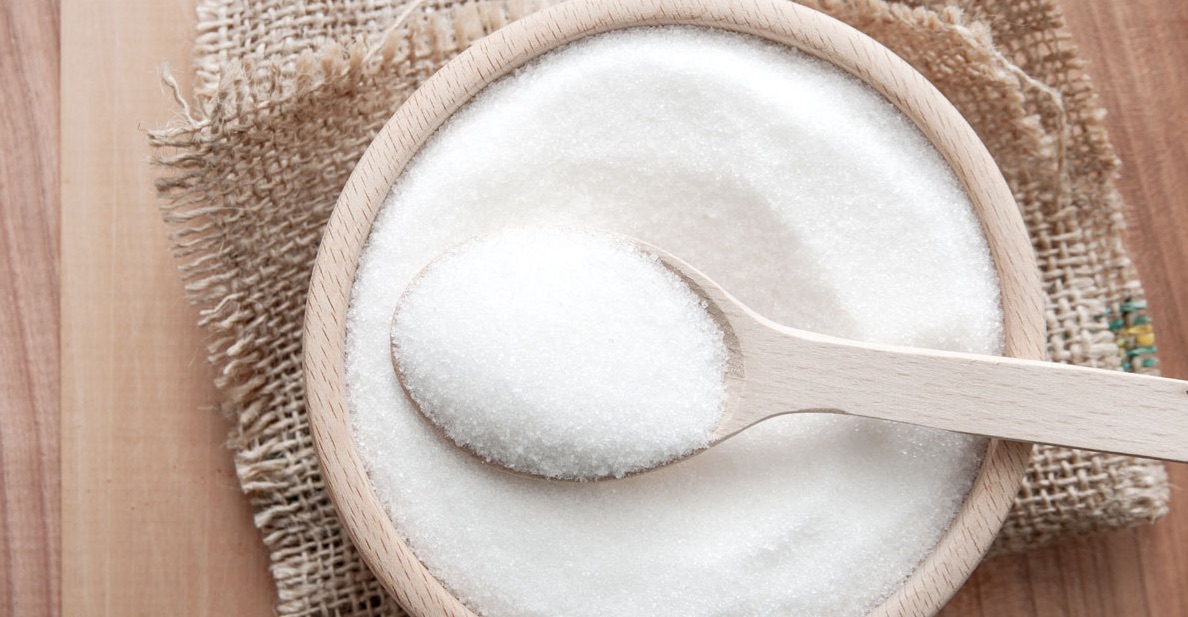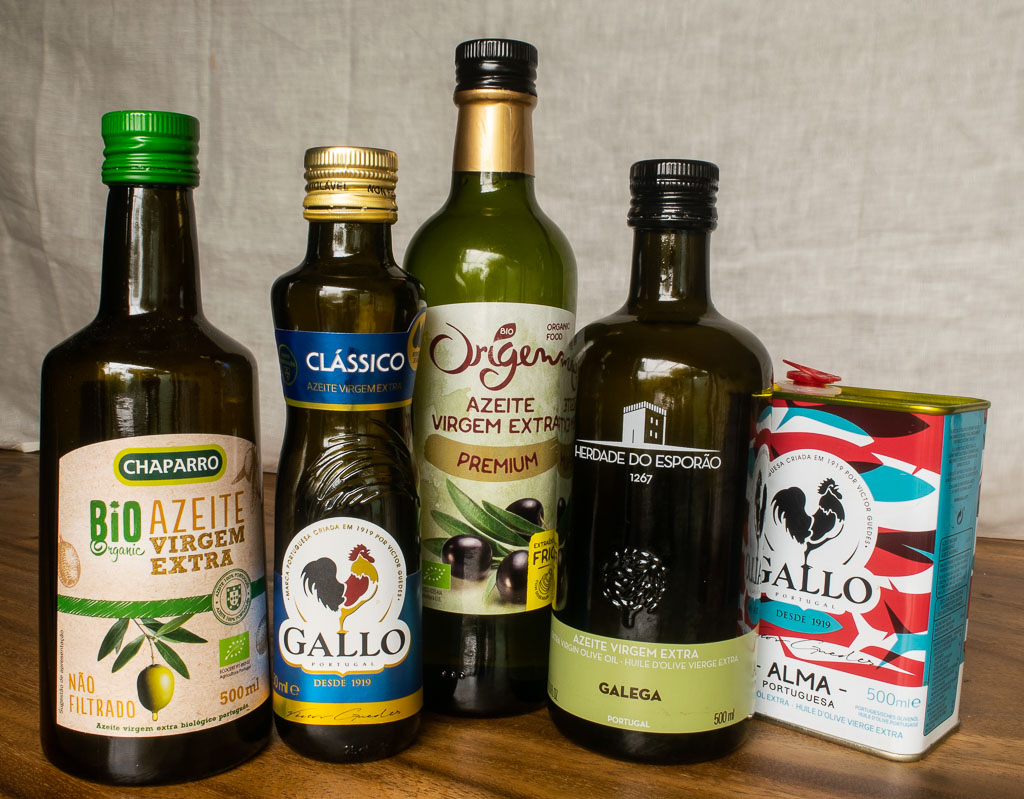Coconut oil is often promoted as a bit of a miracle food. Not just by the coconut oil industry but also by popular media where the claim is that it, among other things, promotes weight loss, lowers blood pressure and blood glucose, protects against heart disease, increases energy, reduces inflammation, erases wrinkles and counters Alzheimer’s disease. So much positive attention has been given to coconut oil of late that a survey in 2016 found that 72% of Americans viewed coconut oil as a healthy food. This number represents the success of the coconut oil and related industries in marketing coconut oil as a healthy and natural product. But does it also represent fact?
What exactly is coconut oil and should you be adding it to your diet?
If you ask the experts the answer to the second part of that question is a definite no. At least not as anything other than the occasional treat if you like its flavor and texture. So why don’t the experts agree with popular media? Let’s dig in a bit to try to uncover what’s behind this disagreement.

Coconut oil is made from the flesh of the coconut which is first dried before the oil is pressed from it using an expeller tool. This device applies extreme pressure to the flesh in order to separate the oil from the flesh. Unless you live in the tropics coconut oil doesn’t actually look like an oil in the normal sense. It looks more like butter or beef fat, solid when cold. So in colder climates it only becomes liquid when heated.
That’s the first clue to the fact that, unlike most other oils derived from plants that primarily contain unsaturated fatty acids, coconut oil is a highly saturated fat, about 87 percent saturated, in fact, far higher than butter (about 63 percent) or beef fat (about 50 percent).
In this sense it has been known for a long time that coconut oil, because it is a mainly saturated type of fat, increases blood levels of the artery-clogging LDL cholesterol, generally referred to as bad cholesterol for that very reason.
So how come coconut oil is considered healthy by so many people?
Perhaps you have heard the claim that lauric acid, the primary fatty acid in coconut oil, doesn’t act like a saturated fat in the body and that this makes coconut oil a healthy choice. This claim is questionable at best. Because in fact, its action in the body most closely mimics that of other saturated fats like beef fat and butter, both of which are generally accepted to promote coronary heart disease.
So where does this claim that lauric acid doesn’t act like a saturated fat in the body come from? A crash cause in fatty acids is required here. Long-chained fatty acids like those prominent in most dietary fats including beef tallow and vegetable oils are absorbed into the bloodstream with the help of fat-carrying particles called Chylomicrons that deliver the fats to tissues throughout the body. This mechanism, however, increases blood levels of LDL cholesterol by keeping LDL circulating in the blood longer. On the other hand, fats that are mainly medium-chained fatty acids are more water-soluble, meaning that they can be absorbed into the bloodstream without the assistance of Chylomicrons and transported directly to the liver, where they are used for energy. Essentially taking this type of fat out of the bloodstream in a jiffy.
Bach to lauric acid:
Lauric acid is usually referred to as a medium-chained fatty acid due to its carbon atom composition, however, the important part here is not the bare bone chemistry but rather how it is metabolized in the body. And in the body lauric acid behaves like a long-chained fatty acid, the kind which due to the mechanism by which it is absorbed into the bloodstream raises LDL cholesterol. On top of that, coconut oil has two other long-chained saturated fatty acids – myristic and palmitic – and all three of these fatty acids have artery damaging effects on LDL cholesterol levels in the blood.
Coconut oil and HDL cholesterol.
One claim by the coconut oil industry remains undisputed. It can also raise blood levels of HDL cholesterol, known as good cholesterol for its supposed heart protecting properties. However, this claim that high HDL is important in promoting heart health, although still valid, has become somewhat less clear in recent years.
Genetic studies and trials using HDL-raising drugs have yet to show a direct causal relationship between HDL cholesterol and cardiovascular disease. In other words: efforts to raise HDL does not necessarily lead to clinical improvement in patients with cardiovascular disease. It is generally accepted, though, that a higher level of HDL in the blood is a good thing and that people with higher levels of the stuff generally have lower risk of heart disease. What is less certain is, if endeavoring to raise HDL levels in people with genetically low levels of the stuff actually makes much of a difference. So adding coconut oil to your diet just to raise HDL would seem less than ideal given the proven negative consequences of doing just that.
What about other coconut products?
Eating other minimally processed coconut products, like fresh or desiccated coconut and coconut flour where the plant fibers are also eaten, does not appear to have the same detrimental effect on the body as does coconut oil consumption. Coconut milk, on the other hand, whereas not as bad as coconut oil, does rank higher on the LDL-raising scale than coconut products containing whole plant fiber. So use coconut milk in moderation, with light coconut milk being a better choice than full fat coconut milk or high fat coconut cream.
So, should you just get rid of that expensive extra virgin coconut oil?
No! Although what you have just read should make you relegate coconut oil to the status of, say, commercially prepared ice cream, i.e an occasional treat, I do keep coconut oil around for one thing: to speed up wound healing and minimize scarring where I have to admit it does wonders.
The take away?
In my opinion coconut oil does not belong in the kitchen pantry. There are much better choices out there, with extra virgin olive oil being the number one choice for everything from salad dressings and sautéing to frying and baking. My article about Cooking with Olive Oil looks at this. However, keeping it in your first aid kit is not a bad idea at all.
Below are links to the science behind my thoughts. Dig in!
The Effect of Coconut Oil Consumption on Cardiovascular Risk Factors
Coconut Oil and Heart Health. Fact or Fiction?
Where Americans & Nutritionists Disagree.
Coconut oil consumption and cardiovascular risk factors in humans
Saturated versus unsaturated fats explained in a simple way.
When HDL cholesterol doesn’t protect against heart disease





